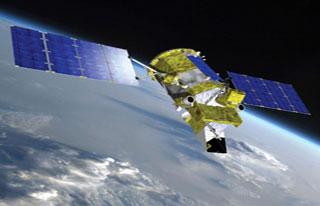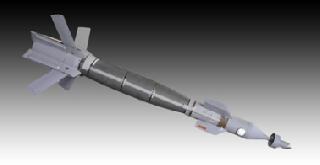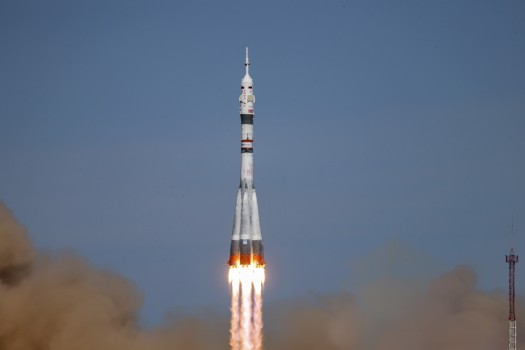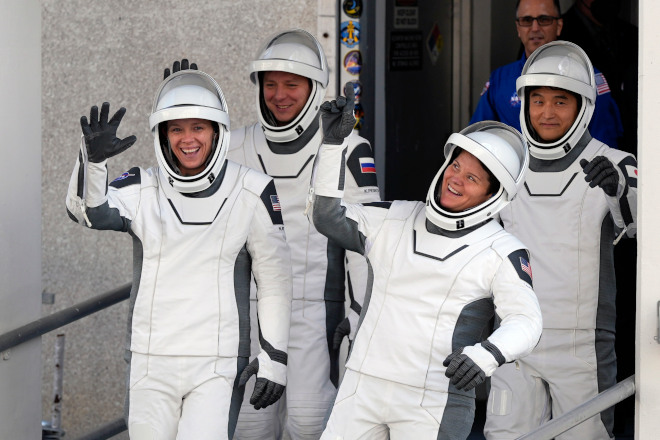
An artistic representation of the GloryEarth-observing satellite. Photo: NASA.
WASHINGTON (BNS): NASA said Thursday it was planning to launch the Glory satellite in late February to help scientists study the effect of aerosols on the Earth's climate.
Glory is scheduled to launch from Vandenberg Air Force Base in California on Feb. 23 at 5:09 a.m. EST. It will join a fleet called the Afternoon Constellation or "A-train" of satellites, including NASA's Aqua and Aura spacecraft that flies in tight formation, according to the NASA news report.
Glory will fly in low-Earth orbit at an altitude of 704 kilometers (438 miles), and is expected to collect data for about three years.
"Glory is going to help scientists tackle one of the major uncertainties in climate change predictions identified by the United Nation's Intergovernmental Panel on Climate Change: the influence of aerosols on the energy balance of our planet," said Michael Freilich, director of NASA's Earth Science Division in the Science Mission Directorate at the agency's headquarters in Washington.
Glory will carry new technology designed to unravel some of the most complex elements of the Earth system.
The mission carries two primary instruments, the Aerosol Polarimetry Sensor (APS) and the Total Irradiance Monitor (TIM). APS will improve measurement of aerosols, the airborne particles that can influence climate by reflecting and absorbing solar radiation and modifying clouds and precipitation.
Glory's Taurus launch rocket will also carry into orbit a secondary payload: NASA's Educational Launch of Nanosatellite, or ELaNA, mission. This mission will put three small research satellites, or CubeSats, into orbit for Montana State University, the University of Colorado and a consortium of state universities called Kentucky Space.
 Previous Article
Previous Article Next Article
Next Article













The Indian Air Force, in its flight trials evaluation report submitted before the Defence Ministry l..
view articleAn insight into the Medium Multi-Role Combat Aircraft competition...
view articleSky enthusiasts can now spot the International Space Station (ISS) commanded by Indian-American astr..
view article